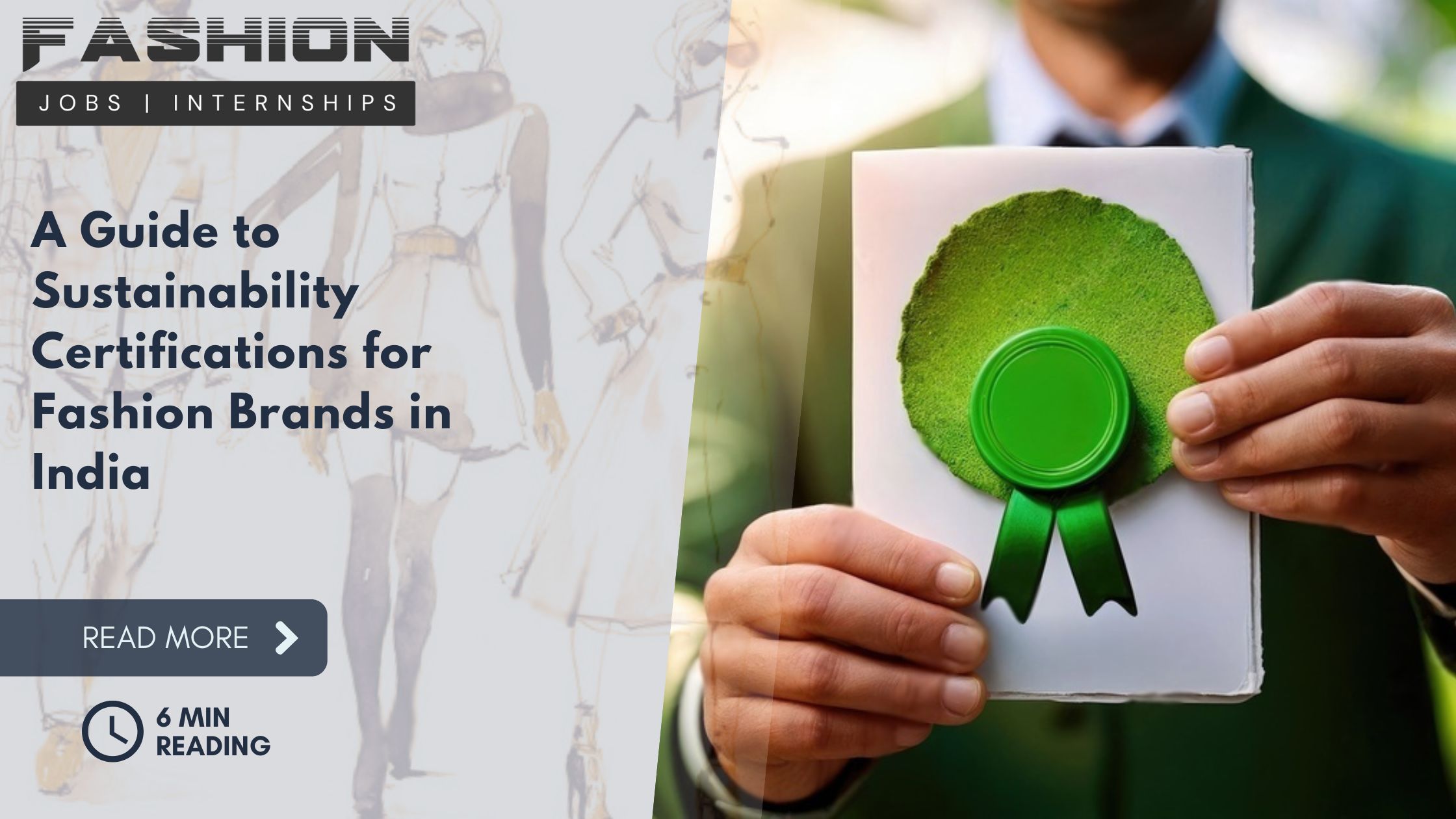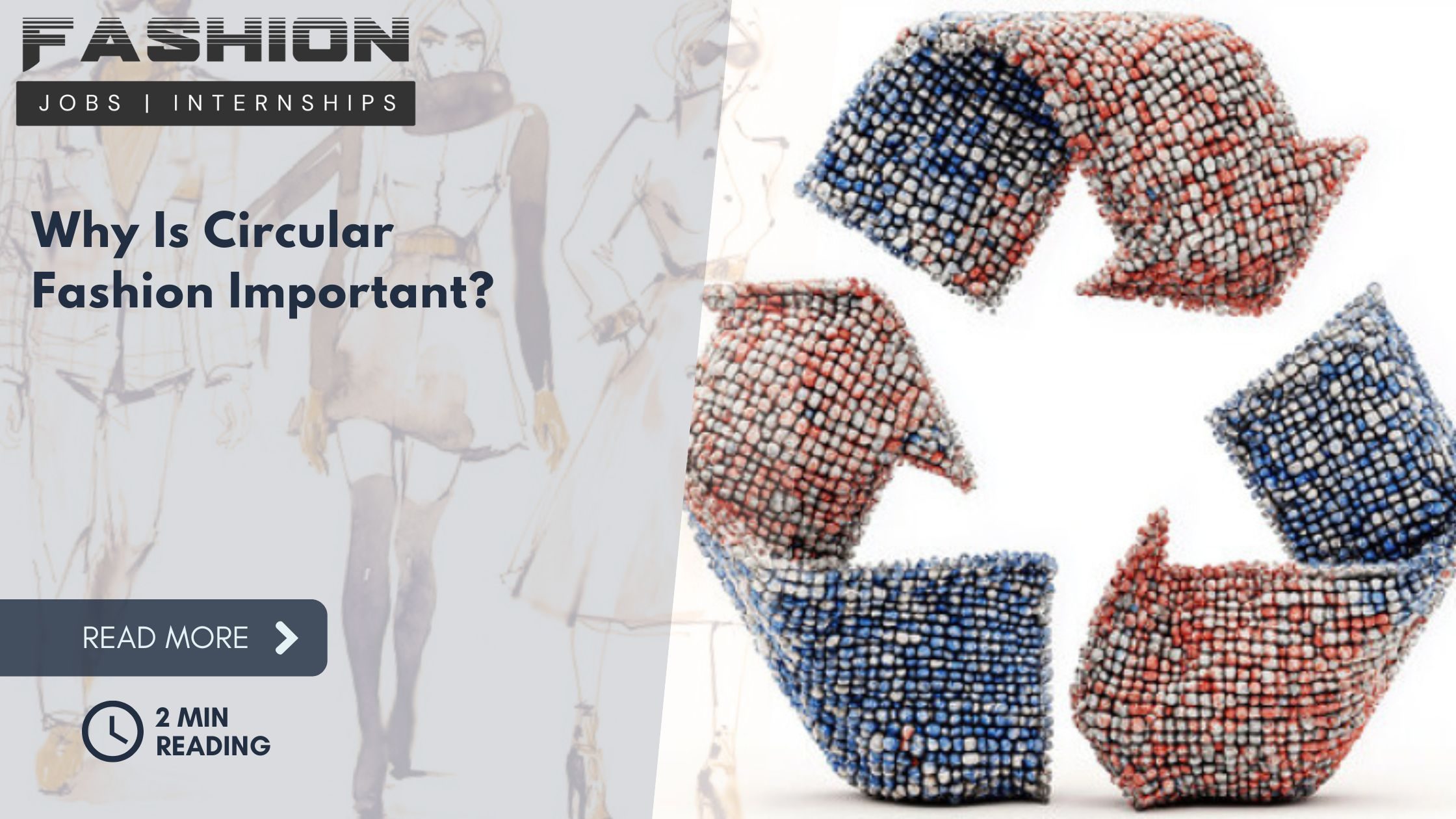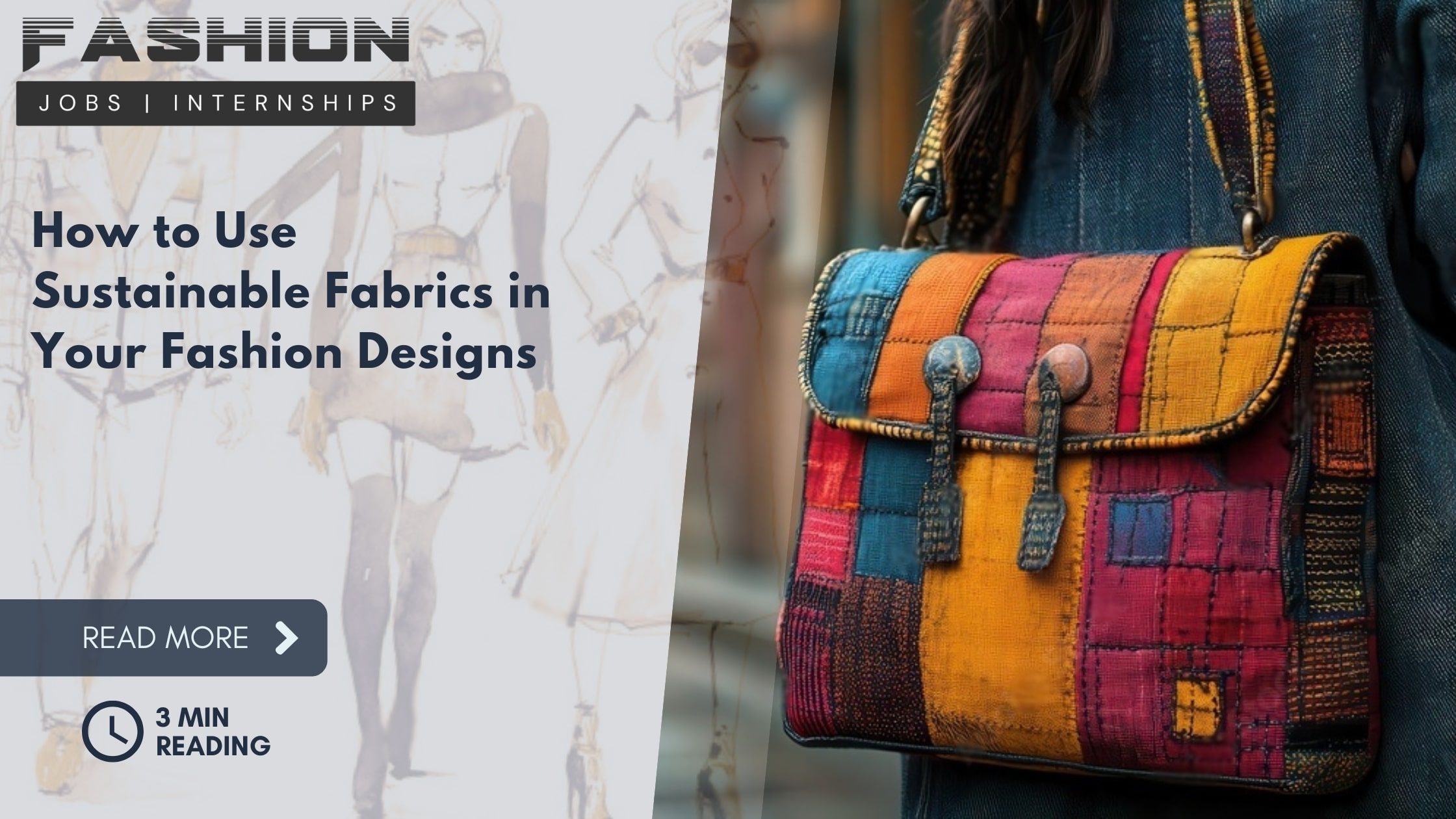As we navigate the ever-evolving world of sustainable fashion, one thing is clear: certifications are key. They not only help us build trust with our customers, but also give us a competitive edge in a market where eco-consciousness is on the rise. From GOTS and Bluesign to Fairtrade, there are a host of certifications that can help us measure our environmental and social impact. But with so many options, it can be tough to know where to start. We’ll break down the benefits, process, and costs of these certifications, and explore which ones are right for our brand – and yours.
Benefits of Sustainability Certifications
Embracing sustainability certifications can be a game-changer for fashion brands. We’re not just talking about a marketing gimmick or a PR stunt; we’re talking about a real shift in how businesses operate.
By obtaining a sustainability certification, fashion brands can demonstrate their commitment to reducing their environmental impact, promoting fair labor practices, and ensuring transparency throughout their supply chain. With over 3,178 job openings in fashion designing in India fashion job opportunities, it’s clear that the industry is ready for a change.
Additionally, top fashion recruiters are looking for candidates who share these values and are committed to creating a sustainable future.
This, in turn, can lead to increased customer trust and loyalty. Consumers, especially younger generations, are becoming more conscious of the social and environmental implications of their purchasing decisions.
By proudly displaying a sustainability certification, fashion brands can differentiate themselves from competitors and attract customers who share their values.
Furthermore, sustainability certifications can also help fashion brands save costs and increase efficiency. By optimizing their supply chain and reducing waste, brands can minimize their environmental footprint while also reducing operational costs.
Additionally, certifications can provide a framework for continuous improvement, helping brands identify areas for growth and innovation.
Ultimately, sustainability certifications aren’t just a nice-to-have; they’re a must-have for fashion brands that want to stay ahead of the curve.
Types of Certifications Available
When it comes to sustainability certifications, we’ve got a plethora of options to choose from.
For fashion brands in India, the landscape can be overwhelming, but understanding the types of certifications available is the first step towards making a positive impact.
Many fashion professionals, including designers, stylists, and models, are now turning to online platforms like Jobs for Fashion Designers, Stylist, Models to find exclusive fashion job listings and career resources.
We can broadly categorize sustainability certifications into three types: product-based, process-based, and organization-based.
Product-based certifications focus on the environmental and social impact of a specific product or material.
These certifications evaluate the product’s life cycle, from sourcing to end-of-life disposal. Examples include certifications for organic cotton, recycled materials, or products made from sustainably sourced wood.
Process-based certifications, on the other hand, assess the sustainability of a brand’s manufacturing processes.
These certifications evaluate factors like energy efficiency, water usage, and waste management. They help brands identify areas for improvement and implement more sustainable practices.
Organization-based certifications take a holistic approach, evaluating a brand’s overall sustainability performance.
These certifications assess a brand’s commitment to sustainability, its governance structure, and its social and environmental impact. They provide an exhaustive framework for brands to measure and improve their sustainability performance.
Key Certifications for Fashion
Now that we’ve got a better grasp of the types of certifications available, let’s take a closer look at some key certifications that can make a real difference in the fashion industry. As fashion brands in India, we’re constantly searching for ways to make our operations more sustainable, and these certifications can be a game-changer.
| Certification | Focus | Benefits |
|---|---|---|
| GOTS (Global Organic Textile Standard) | Organic textiles, fair labor practices | Secures organic materials, fair labor conditions, and environmentally friendly production methods |
| Bluesign | Chemical safety, environmental sustainability | Vouches for safe working conditions, sustainable materials, and reduced environmental impact |
| Fairtrade | Fair labor practices, fair prices | Empowers workers with fair wages, safe working conditions, and a voice in decision-making |
These key certifications can help us open up new levels of sustainability and transparency in our operations. By incorporating certifications like GOTS, Bluesign, and Fairtrade, we can confirm that our materials are sourced responsibly, our workers are treated fairly, and our environmental impact is minimized. Not only do these certifications benefit our brand’s reputation, but they also contribute to a more sustainable and equitable fashion industry. By embracing these certifications, we’re taking a vital step towards a more liberated and responsible fashion industry.
Certification Process and Costs
As we plunge into the world of sustainability certifications, one of the most pressing questions on our minds is: what does the journey to certification look like, and what’s the price tag attached to it?
The certification process typically involves several stages, including a pre-assessment, application, audit, and certification.
We’ll need to gather information about our brand’s environmental and social practices, and provide documentation to support our claims.
To guarantee a smooth application process, it’s crucial to have a well-organized portfolio job search features and a clear understanding of our brand’s strengths and weaknesses.
Additionally, having a professional online presence can help demonstrate our commitment to sustainability.
The cost of certification varies depending on the type of certification, the size of our brand, and the complexity of the audit process.
Some certifications, like GOTS, charge a flat fee for the audit and certification, while others, like Fairtrade, charge a percentage of our annual turnover.
We can expect to pay anywhere from £50,000 to £500,000 or more, depending on the scope of the audit and the certification body.
It’s worth noting that some certifications offer tiered pricing structures, so we can start with a basic certification and upgrade as our brand grows.
We should also consider the cost of implementing changes to our practices to meet certification standards.
While it may seem like a significant investment, the benefits of certification far outweigh the costs.
Choosing the Right Certification
Our fashion brand’s sustainability credentials are about to get a major boost, but first, we need to pick the right certification. With so many certifications available in the market, choosing the right one can be overwhelming.
We need to weigh what sets us apart and what we want to achieve with our certification. Are we looking to improve our environmental impact, social responsibility, or both?
By connecting with top fashion brands and companies through platforms like Jobs for Fashion, we can gain valuable insights into the industry’s best practices and standards for sustainability.
We must ponder the specific needs and goals of our brand. For instance, if we’re a brand that uses organic cotton, a certification like GOTS (Global Organic Textile Standard) might be the way to go. If we’re a brand that focuses on reducing waste, a certification like Zero Waste to Landfill might be more suitable.
We also need to deliberate the level of recognition and credibility we want to achieve. Some certifications, like Fairtrade, are well-known globally and may resonate more with our customers.
We should also ruminate on our target audience and what certifications they value most. If our customers are environmentally conscious, a certification like Bluesign might be more appealing.
Ultimately, choosing the right certification is about finding the one that aligns with our brand values and goals. By doing so, we can effectively communicate our commitment to sustainability and build trust with our customers.
Meeting Certification Requirements
We’ve chosen the right certification for our brand – now it’s time to put in the work and guarantee we meet the requirements.
To do this, we need to review the certification’s standards and guidelines carefully. We’ll break down the requirements into smaller, manageable tasks, and assign them to the relevant teams. This will confirm that everyone is on the same page and working towards the same goal.
As we empower individuals to pursue their dreams in the fashion industry, we must also prioritize sustainability in our certification process bridging the gap. By doing so, we can create a seamless experience for both job seekers and employers while fostering a culture of collaboration and creativity.
Next, we’ll conduct a gap analysis to identify areas where we need to improve. This involves evaluating our current processes and systems against the certification’s requirements.
By doing this, we’ll pinpoint exactly what we need to work on and create an action plan to address these gaps.
We’ll also develop a sustainability policy that outlines our brand’s commitment to sustainability and social responsibility. This policy will serve as a guiding document for our teams and stakeholders, confirming that everyone is aligned with our values and goals.
Additionally, we’ll establish a system for tracking and measuring our progress. This could include monitoring our energy consumption, water usage, and waste management.
Auditing and Verification Process
One pivotal step in the certification process is the auditing and verification phase, where our efforts are put to the test by external auditors.
This phase is vital in confirming that we’re meeting the required standards and that our claims aren’t just greenwashing. As we navigate this process, we’re forced to confront any inconsistencies or weaknesses in our sustainability strategies.
When preparing for an audit, we need to gather all relevant documentation, including production records, supply chain information, and environmental impact assessments.
This is our chance to demonstrate our commitment to sustainability and transparency, so it’s essential that we’re meticulous and accurate in our reporting. Having an exhaustive portfolio can be beneficial in showcasing our achievements and highlighting our skills and experience.
The auditors will review our documents, conduct site visits, and interview our team members to verify our claims.
The auditing process can be intense, but it’s also an opportunity for growth and improvement.
By identifying areas for development, we can refine our strategies and make meaningful changes that benefit both our business and the environment. We’ll receive feedback from the auditors, which will help us adjust our approach and confirm that we’re on track to meet our sustainability goals.
Impact on Supply Chain Management
Sustainability certifications shake up the entire supply chain, forcing us to scrutinize every step of the production process and our relationships with suppliers.
This shake-up isn’t just about tweaking a few things; it’s a fundamental overhaul of how we do business. We’re not just talking about swapping out suppliers or materials; we’re talking about rethinking our entire approach to production.
As we build our portfolio to showcase our work and attract potential employers, we’re also considering the impact of our supply chain on the environment and society Career resources.
We’re forced to confront the reality of our supply chain’s environmental and social impact. We’re talking about everything from fabric sourcing to manufacturing processes, and all the way down to packaging and shipping.
It’s a complex web, and certifications like GOTS and Oeko-Tex help us identify areas for improvement.
We’re not just looking at our own operations; we’re also looking at the practices of our suppliers.
Are they using environmentally friendly materials? Are they treating their workers fairly? We’re asking tough questions, and we’re not afraid of the answers.
By pushing our suppliers to meet rigorous sustainability standards, we’re driving positive change throughout the entire supply chain.
The impact is real. We’re seeing suppliers adapt to meet our new standards, and we’re seeing real reductions in waste and emissions.
It’s a journey, not a destination, and we’re committed to continuous improvement.
Marketing and Branding Opportunities
Certifications like GOTS and Oeko-Tex aren’t just about improving our supply chain management; they’re also a marketing powerhouse.
Having these certifications can be a major differentiator in a crowded market, setting us apart from competitors and giving us a unique selling proposition. By highlighting our commitment to sustainability, we can tap into the growing consumer demand for eco-friendly and socially responsible fashion.
Additionally, showcasing our certifications can also help us attract top fashion design, stylist, and model talent, as many job seekers are looking for employers who share their values on sustainability Career resources and insights.
When we obtain these certifications, we’re fundamentally getting a seal of approval that we can showcase to our customers. We can use these certifications in our branding, marketing, and advertising efforts to demonstrate our dedication to sustainability.
This can help us build trust and credibility with our customers, who are increasingly looking for brands that share their values.
We can also use these certifications to create engaging content that tells a story of our brand’s values and mission.
This can be a powerful way to connect with our customers on an emotional level and create a loyal following. By showcasing our sustainability certifications, we can position ourselves as a leader in the fashion industry and attract customers who are looking for brands that are making a positive impact on the environment and society.
Future of Sustainability Certifications
As we look ahead to the future of our industry, the role of sustainability certifications is evolving rapidly alongside our own growth and ambitions.
We’re witnessing a shift from mere compliance to a more holistic approach that prioritizes transparency, accountability, and continuous improvement. The future of sustainability certifications will be characterized by increased standardization, harmonization, and digitalization.
With the rise of online job platforms Exclusive Fashion Jobs, fashion professionals can now access a plethora of resources to enhance their skills and stay updated on the latest industry trends.
We’re likely to see the emergence of more specialized certifications that cater to specific aspects of sustainability, such as carbon footprint, water management, or fair labor practices. This will enable brands to showcase their strengths and weaknesses, and make informed decisions about their sustainability strategies.
Furthermore, the use of blockchain technology and artificial intelligence will become more prevalent, enabling real-time tracking and verification of sustainability claims.
As consumers become more discerning and demanding, certifications will play a vital role in building trust and credibility.
We’ll see a rise in collaborative initiatives between brands, NGOs, and governments to develop industry-wide standards and certifications that promote sustainability.
The future of sustainability certifications is bright, and we’re excited to be a part of this journey towards creating a more responsible and sustainable fashion industry.
Frequently Asked Questions
Can Small Fashion Brands Afford Sustainability Certifications?
We’re often asked, can small fashion brands afford to go green?
The answer is, it’s not just an option, but a necessity.
We believe that sustainability certifications shouldn’t be a privilege of big brands alone.
With the right mindset and strategy, small brands can also make a positive impact.
We’re here to break down the barriers and show you that affordability shouldn’t hold you back from making a difference.
Are Certifications Recognized Globally or Regionally Specific?
We understand certifications can be a game-changer, but are they recognized globally or regionally specific?
We’re breaking it down for you. Some certifications, like the Global Organic Textile Standard (GOTS) and Fairtrade, have international credibility.
However, others like the Indian government’s Green Initiative Certification, are more regionally focused.
We’re exploring these subtleties to guarantee our fashion choices make a lasting impact, wherever we’re in the world.
Can Certifications Be Revoked or Terminated?
We’re breaking free from the constraints of unsustainable practices, and that’s why we’re diving into the world of certifications.
So, can certifications be revoked or terminated? Yes, they can.
We’ve learned that certifications aren’t set in stone. If a brand fails to meet the required standards or violates the terms, the certifying body can revoke or terminate their certification.
This keeps brands on their toes, ensuring they stay committed to sustainability.
How Do Certifications Impact Consumer Purchasing Decisions?
We’re aware you’re making conscious choices when shopping, and you’re not alone.
Research demonstrates that certifications substantially influence your purchasing decisions. When you see a credible label, you’re more likely to trust the brand.
In fact, over 60% of consumers consider sustainability certifications when buying. It’s clear: labels matter. They empower you to vote with your wallet, supporting brands that share your values and driving positive change.
Are Certifications Mandatory for Exporting Fashion Products?
We’re often asked if certifications are a must-have when exporting fashion products.
The answer’s no, but they’re highly recommended. Some countries require specific certifications, but it’s not a blanket rule.
However, having certifications like GOTS or Oeko-Tex can give you a competitive edge and open up more export opportunities.
It’s a way to showcase your brand’s commitment to quality and sustainability, which is increasingly important to consumers worldwide.
Conclusion
As we wrap up our guide to sustainability certifications for fashion brands in India, we’re left with a sense of hope and urgency. We’ve got the tools, we’ve got the knowledge – now it’s time to act. By embracing these certifications, we can create a more conscious, responsible, and thriving fashion industry. Let’s join forces to redefine the future of fashion, one sustainable step at a time.



